France, Germany show ‘no desire’ to mediate Ukraine talks: Kremlin
Russia says France and Germany have shown “no desire” to mediate on Ukraine; Moscow has, meanwhile, praised an offer by Turkish President Recep Tayyip Erdogan to organize talks, as the war drags on into the eighth month.
The Kremlin’s spokesman Dmitry Peskov told reporters in a press conference on Monday that President Emmanuel Macron of France and Chancellor Olaf Scholz of Germany had exhibited “no desire to listen to Russia’s position or participate in mediation efforts.”
“Ankara takes a different position from that of Paris and Berlin … and has declared its readiness to continue mediation efforts.”
Peskov’s comments came a day after Russia’s Defense Minister Sergei Shoigu accused Ukraine of preparing a “provocation” involving the use of a “dirty bomb” – a device that uses explosives to scatter radioactive waste.
Shoigu made the allegations in phone calls on Sunday with the foreign ministers of France and Turkey as well as the US secretary of state and Britain’s foreign secretary. Russia's Defense Ministry said Shoigu had raised concern about “possible Ukrainian provocations involving a ‘dirty bomb.’”
Russian officials have repeatedly alleged Ukraine could detonate such a device in a false-flag operation to frame Moscow. Ukrainian authorities have made similar accusations against Russia. Shortly afterward, Ukraine’s Western backers – namely Washington, London and Paris – dismissed Russia’s claim in a joint statement.
British Defense Secretary Ben Wallace has also warned Moscow against using the allegation as a pretext for escalation.
Meanwhile, Erdogan has aimed to retain open dialogue with Russia and Western countries in the ongoing war in Ukraine. Turkey has so far mediated between Ukraine and Russia in favor of a grain export deal and a prisoner swap as Erdogan is looking forward to becoming the hub for gas supply from Russia to European countries.
‘Corrections’ to Ukraine grain deal will depend on UN supplying data: Lavrov
And, Russian Foreign Minister Sergei Lavrov has stated Moscow asked the United Nations (UN) for data on the destination and end-consumers for Ukrainian grain exports, saying "corrections" to a deal to unblock shipments from Black Sea ports would depend on this information. “This is not just curiosity. The correction or redirection of further actions to implement the grain deal depends on it,” Lavrov said at a press briefing on Monday.
The foreign minister said between 5% and 7% of the grain concerned was reaching the world's poorest countries, with around 50% of the exports being shipped to the European Union
Russia and Ukraine inked a deal with the UN and Turkey on the resumption of grain shipments in July. The deliveries were halted due to the conflict. Moscow has since said the deal is not directing grain to the world's poorest countries, casting doubt on whether it will opt to renew it in future.
The Russian “special military operation” in Ukraine began on February 24. The war and the subsequent blockade on Ukraine’s Black Sea ports have endangered the world food supply by preventing Ukraine from shipping its agricultural products. Ukraine is one of the world’s biggest grain producers, and is a major exporter of corn, barley, sunflower oil, and rapeseed oil. Together, Russia and Ukraine produce almost 30 percent of the global wheat supply.
The UN’s World Food Programme (WFP), which purchases almost 50 percent of its grain from Ukraine, feeds some 125 million people around the world.
Venezuela denounces US for ‘greatest extortion in history’
VIDEO | Israeli strike kills three in Lebanon as regime mulls renewed war
VIDEO | Hundreds gather outside UK Ministry of Justice, demanding strikers’ release
VIDEO | Israeli forces launch major military operation in Qalandia, north of occupied al-Quds
VIDEO | Press TV's news headlines
VIDEO | Israel's expansionist schemes
New Epstein files lay bare Trump's 'love for young girls,' links to sex offender's death
Libya’s army chief killed in Ankara plane crash after high-level talks with Turkish officials


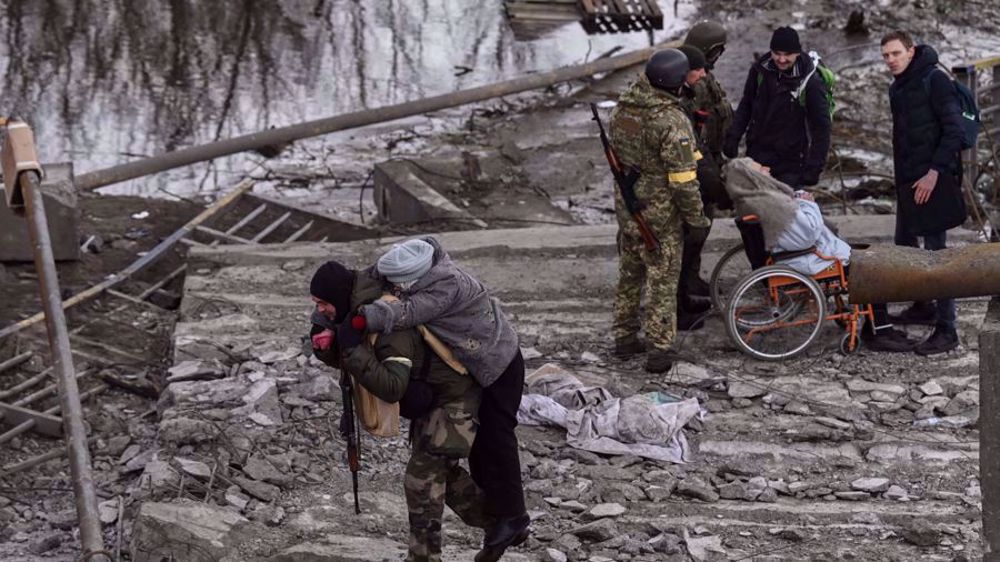
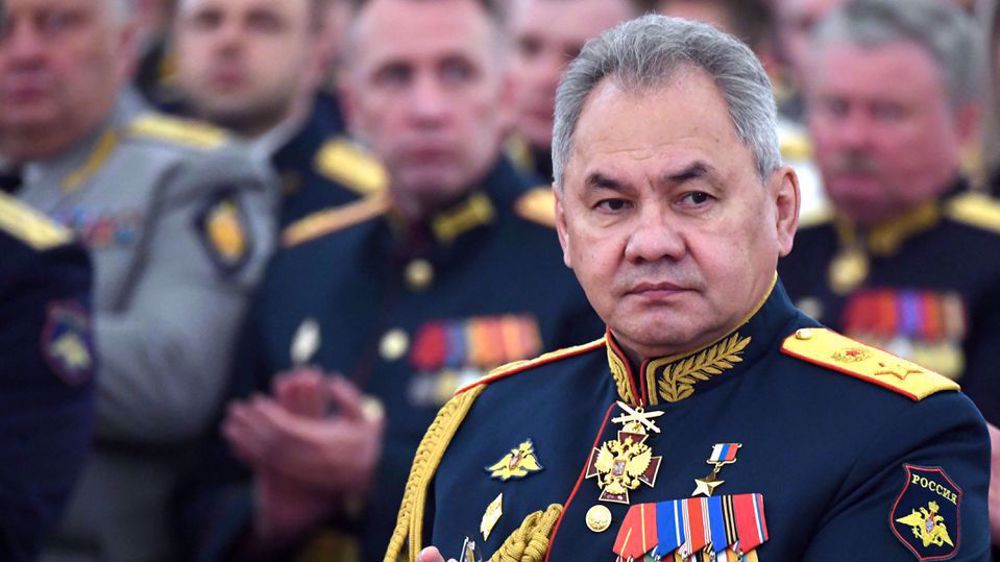
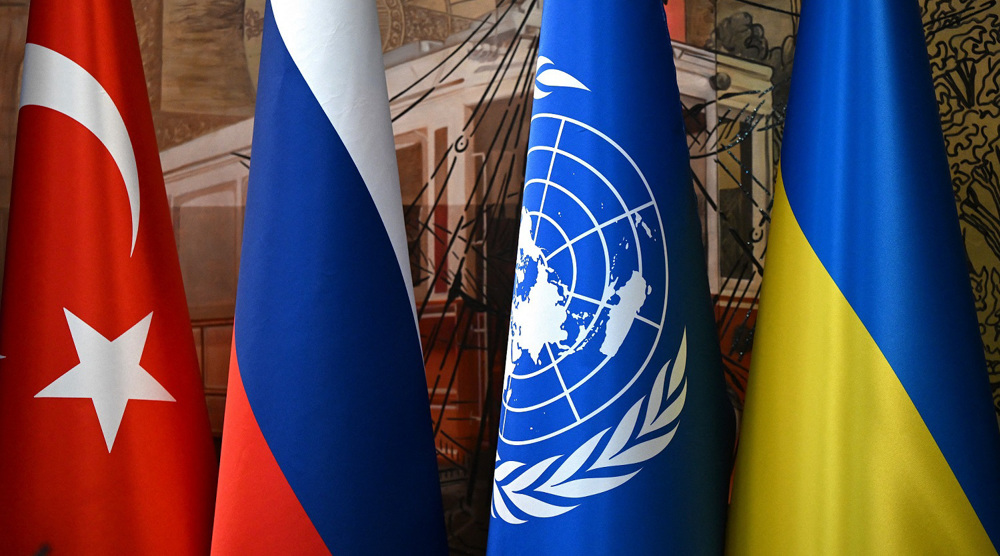
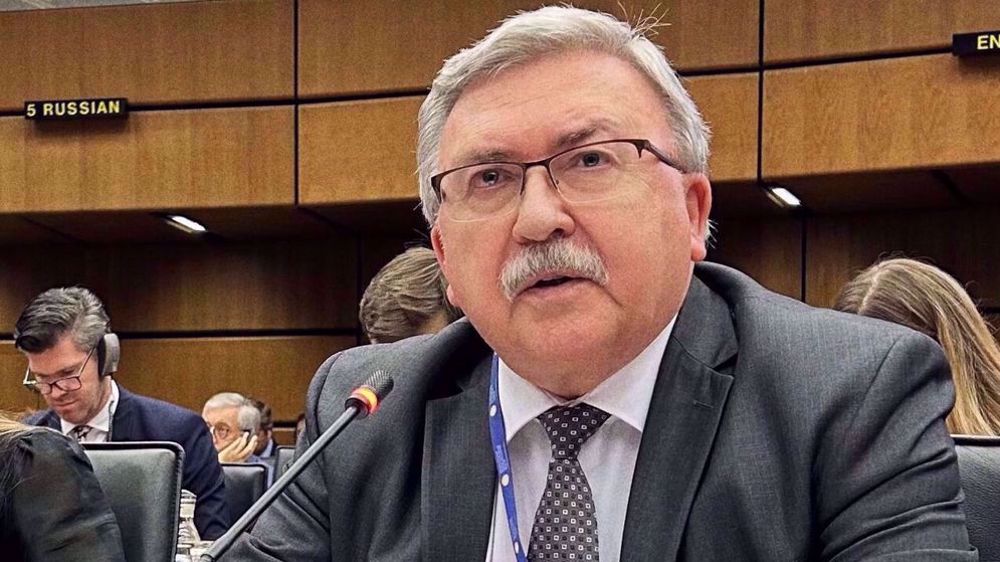
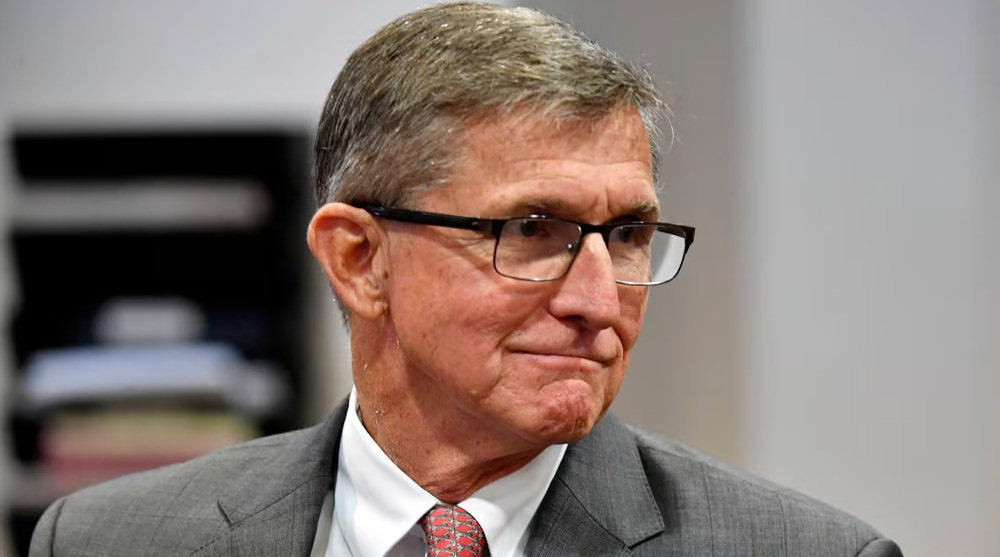
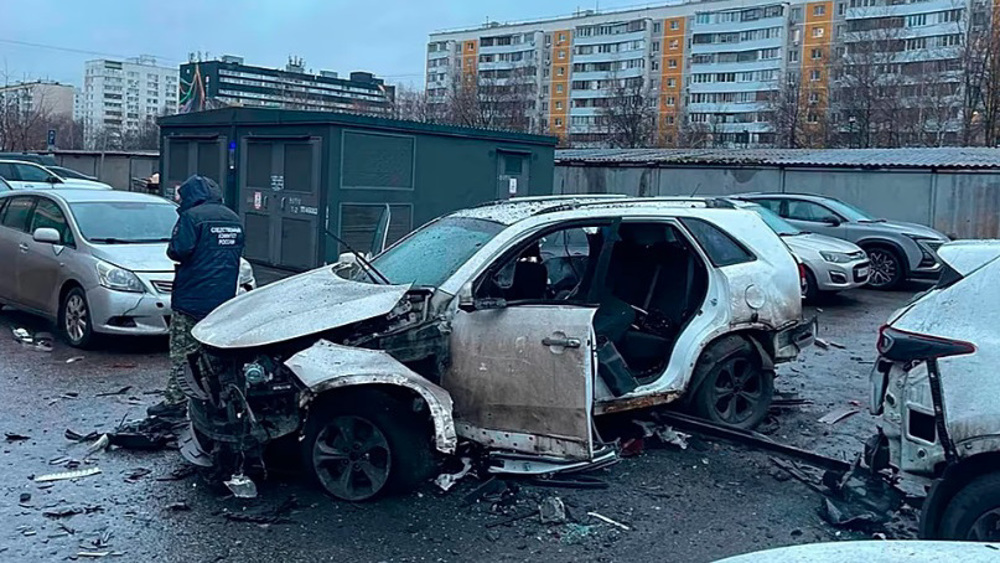




 This makes it easy to access the Press TV website
This makes it easy to access the Press TV website